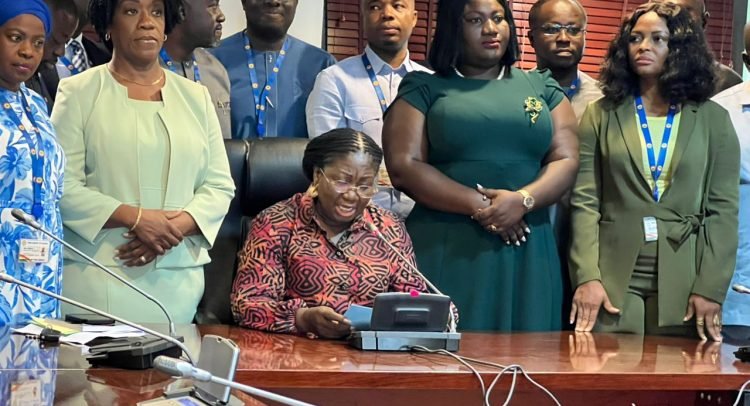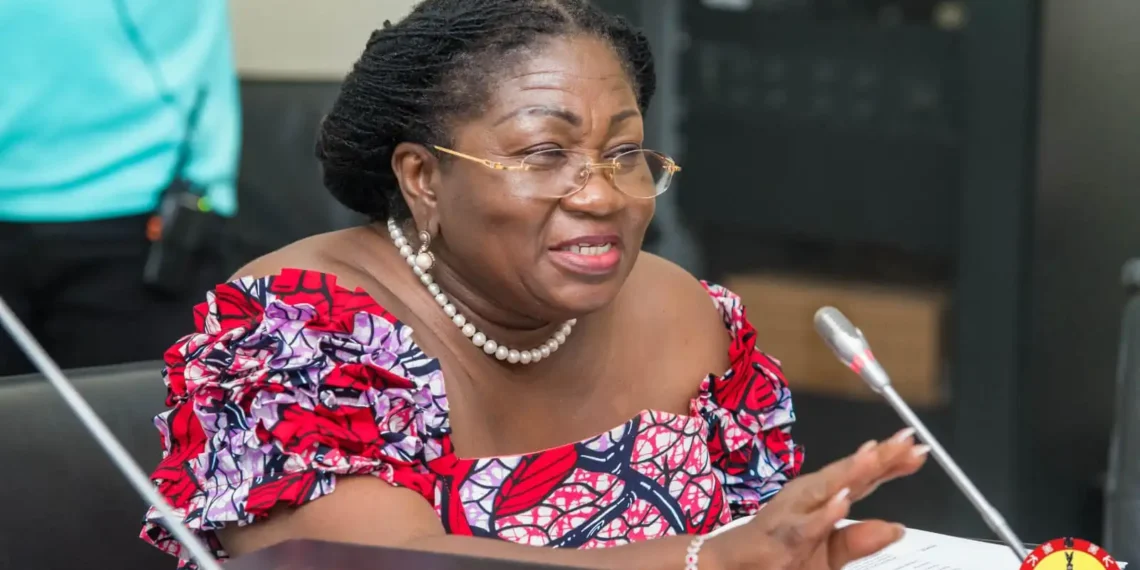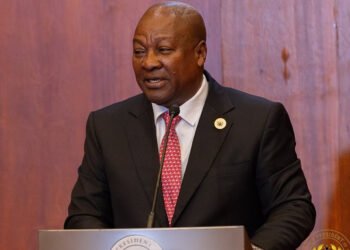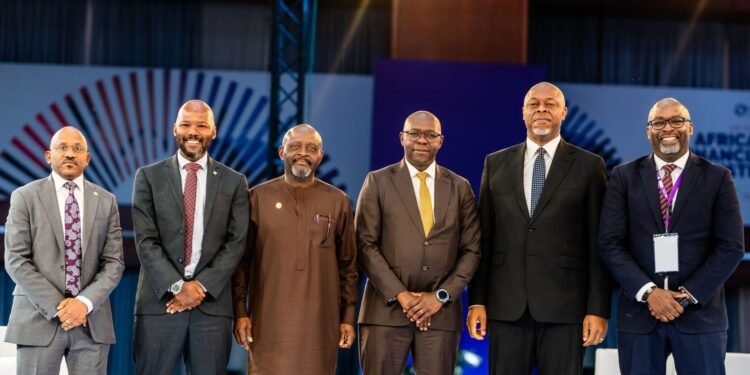Deputy Minority Leader and Member of Parliament (MP) for Asokwa, Hon. Patricia Appiagyei, has intensified calls for the government to honour its pledged allocation of 400 million cedis to the Women’s Bank, insisting that the commitment must not be delayed or rationalised away as Parliament prepares to debate the 2026 budget presented by Finance Minister Dr. Cassiel Ato Forson.
Her concerns come at a crucial moment for the administration of President John Dramani Mahama, whose budget proposals will face extensive scrutiny as legislators return to the chamber with sharpened expectations.
Hon. Appiagyei’s position reflected what has become a sustained conversation within the Minority Caucus regarding the significance of gender-focused financing and its potential to transform livelihoods.
She entered the pre-debate discussions by underscoring the need for clarity, critical examination and impact-driven implementation once the budget reaches the floor of Parliament. She outlined what the Minority hopes will characterise contributions from both sides of the House.
“We expect that knowledge has been impacted – the principles and policies behind the budget have been well expressed by the finance minister and understood.
“We believe that people will do a critical analysis of the budget statement and what it means for the ordinary Ghanaian. What it translates into – whether it translates into their well-being or not”
Hon. Patricia Appiagyei, Deputy Minority Leader and MP for Asokwa

The Deputy Minority Leader stressed that the national conversation must move beyond political posturing and instead focus on meaningfully assessing the policy implications of the budget for ordinary citizens.
She added that such depth of analysis – grounded in substance , not spectacle, reflecting the issues at stake – would signal to the Ghanaian public that Parliament is serious about evaluating how national resources are allocated and how proposed reforms will translate into measurable outcomes.
Focus on Vulnerable Groups
Speaking to which policies within the budget excite the Minority side, Hon. Appiagyei turned her attention to long-standing social equity concerns.
She pointed to the implementation of the Affirmative Action Bill as a critical component and linked its execution to broader improvements in the welfare of vulnerable groups, including women and children.
“I’m looking at how the budget is going to impact on the lives of the vulnerable, including children – those are my excitements,” she revealed – her response highlighting her consistent advocacy around gender empowerment and the urgent need to elevate social protection measures within national policy.

Hon. Appiagyei went on to emphasise that Ghana’s progress is intrinsically tied to the extent to which vulnerable populations are adequately prioritised in policy design and implementation. For her, investment in these groups is not a favour but “a national imperative, one that strengthens the country’s development trajectory.”
Central to her concerns is the government’s pledge to inject 400 million cedis into the Women’s Bank, a facility expected to drive financial inclusion, entrepreneurial support and economic empowerment for women.
The Asokwa MP insisted that there must be no ambiguity surrounding the fulfilment of this allocation. She made it clear that the burden lies not only on the promise but on the execution, which she believes will reveal the government’s genuine commitment to advancing women’s economic participation.
“These policies may be good but if the implementation is bad, it turns into a bad policy,” she said, noting that national data, population dynamics and real-world community needs must guide how the funds and other policy commitments are rolled out.
For her, the true test of the budget will be found not in presentation but in results – in whether the policies uplift citizens and offer tangible improvements in their daily lives.

As Parliament prepares to open the debate, Hon. Appiagyei’s remarks set the tone for a Minority Caucus determined to measure every line of the budget against its potential impact on the Ghanaian people, particularly those whose voices are often drowned out in national discourse.
READ ALSO: UK Warned Of Risk Of Chinese Espionage






















